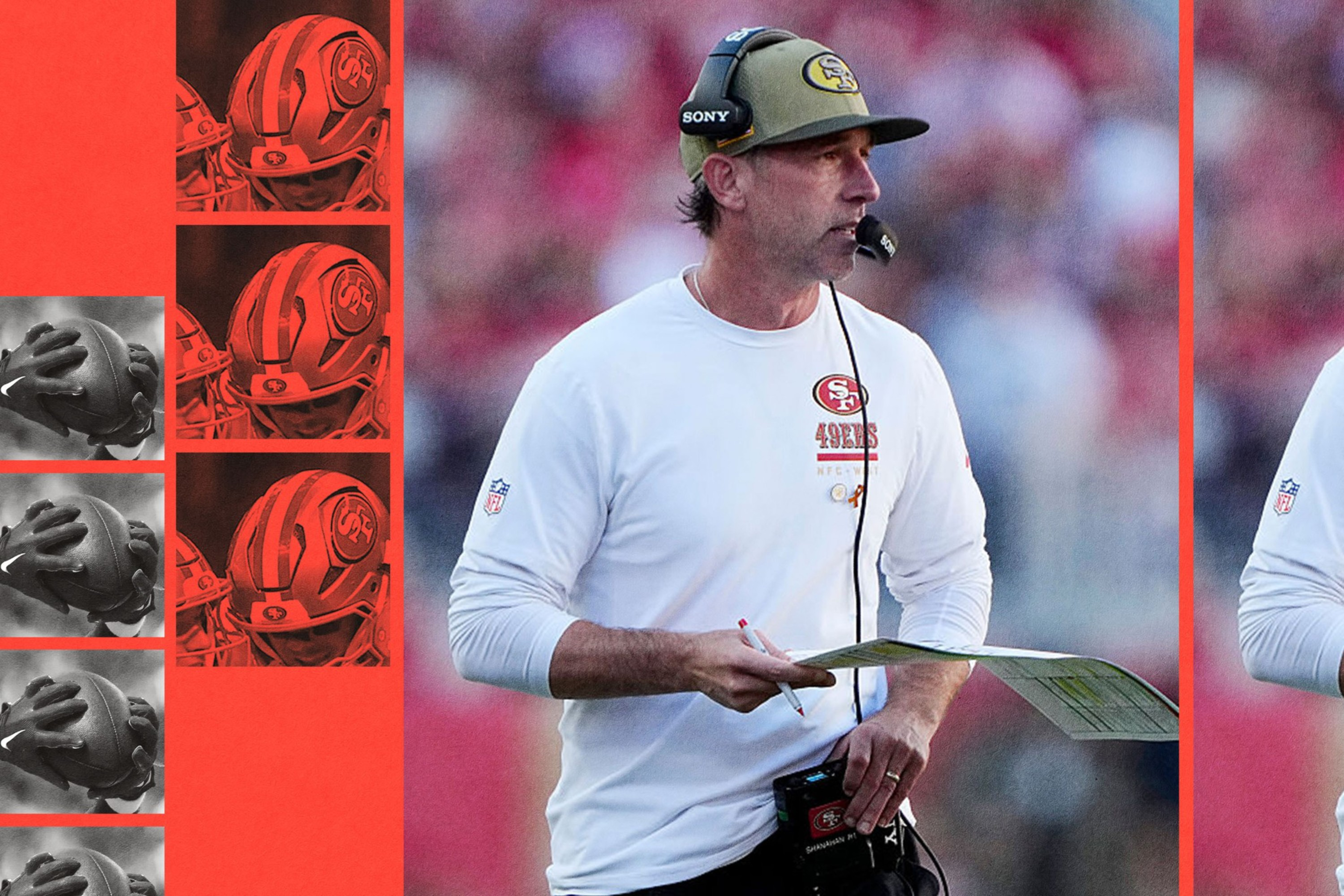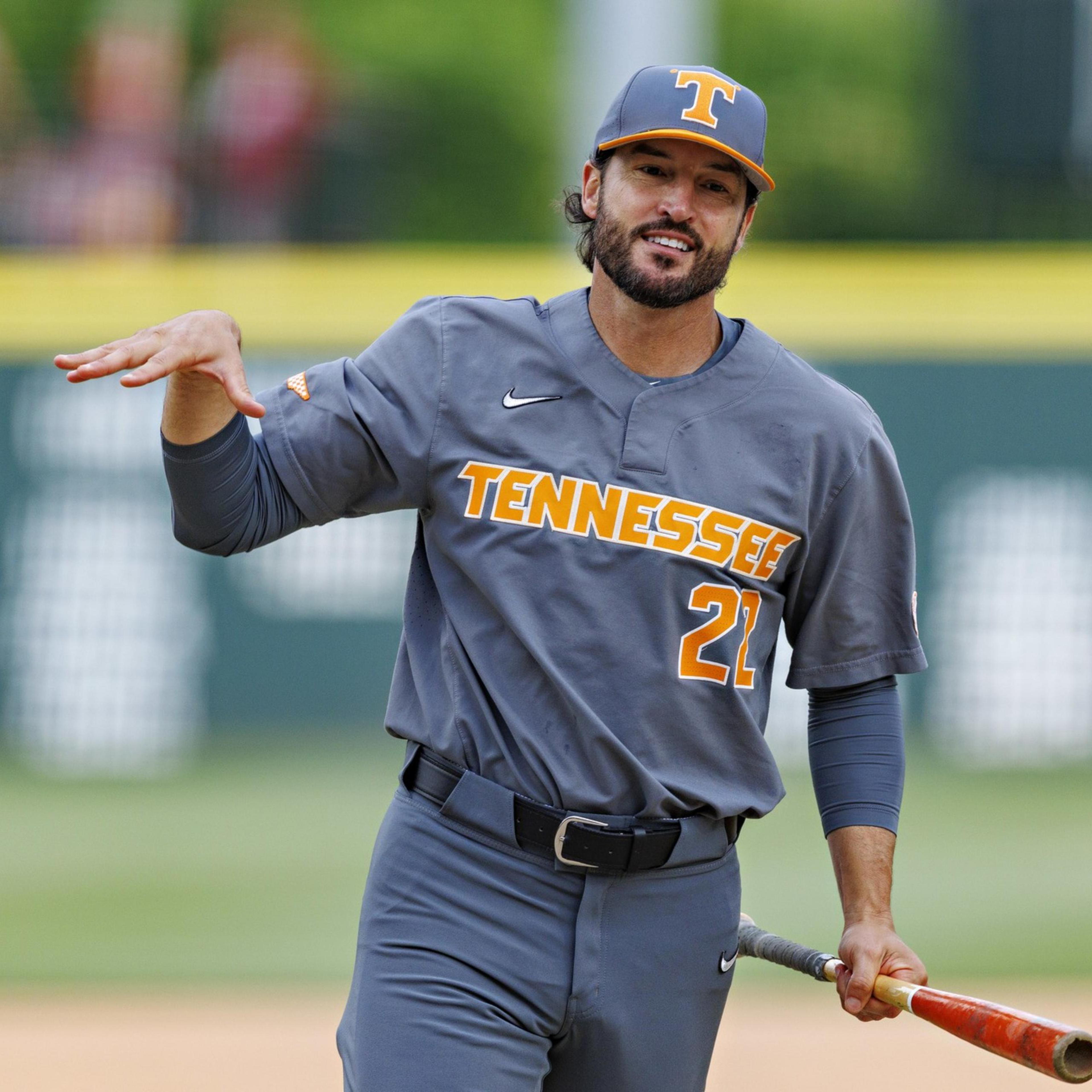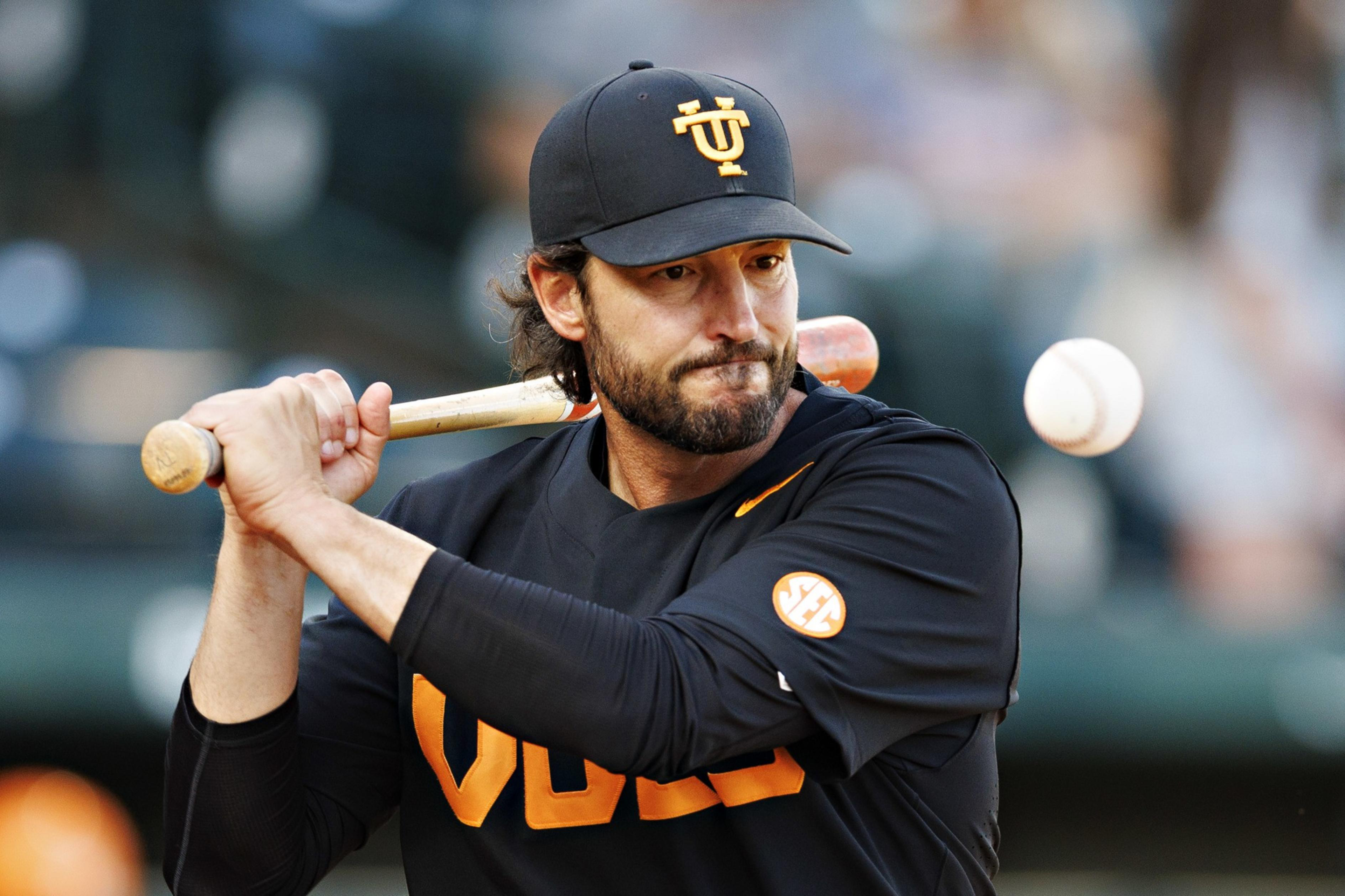This piece originally appeared in our twice-weekly sports newsletter Section 415. Sign up for the newsletter here and subscribe to the Section 415 podcast wherever you listen.
Tony Vitello is the first coach to jump directly from college baseball into an MLB manager’s job, and it wouldn’t have happened without Buster Posey.
There’s a long list of reasons no one has ever made this leap before, but there’s one that stands above the rest. MLB owners and executives typically operate in fear, and this is a decision that requires an unusual level of confidence.
And Posey, who doesn’t have to worry about building a legacy, doesn’t lack for that.
Despite his team’s .500 record, the fact the Giants have missed the playoffs in eight of the last nine seasons, and the reality that the rival Dodgers are seeking their second consecutive World Series title, it’s possible no one in the sport operates with Posey’s level of conviction.
Section 415: KNBR’s Adam Copeland on the future of sports talk radio

Section 415: Brock Purdy, Mac Jones, and the 49ers’ path to the playoffs

Section 415: Making sense of the Warriors’ uneven start

Vitello has never spent a day of his life in the big leagues. To Posey, it doesn’t matter. If the former Tennessee head coach presented the best plan to help the Giants win immediately, he deserved the job.
It’s a simplistic view of the hiring, but simplicity has gone out of style in Major League Baseball.
For the last decade, even the richest MLB owners have worked to optimize their organizations and prioritize efficiency. Scouting staffs have been slashed, veteran free-agents have had difficulty finding contracts, and some people in leadership positions around the sport have made public comments that suggest increasing profits is more important than increasing win totals.
If Posey can’t lead the Giants back to the playoffs from the front office, he can step away from the job knowing fans will still treasure his greatest achievements as a player.
The majority of MLB teams wouldn’t even consider paying a manager $3.5 million. To Posey, it’ll look like a bargain if Vitello instills the championship culture he built at Tennessee in San Francisco.
Last December, Posey signed Willy Adames to a seven-year, $182 million contract. In June, he traded for Rafael Devers with eight-plus years and more than $250 million remaining on a mega-extension he received from the Red Sox. At the end of the season, Posey fired manager Bob Melvin just three months after exercising his option for 2026, putting the Giants on the hook for $4 million to someone who won’t work for them next year.
If the last 12 months are any indication, the Giants are willing to spend to close the gap with the Dodgers.
Posey is the first superstar player to work as the top baseball executive for his old team, and since he was handed the keys to the Giants, the former catcher has slammed his foot on the gas pedal. The results didn’t change on the field this season, but in hiring Vitello, Posey has shown a willingness to run through stop signs to facilitate the Giants’ rise.
Most baseball executives, including Posey’s predecessor in San Francisco, are hired to execute a long-term plan. They talk about creating a sustainable model for success, and every move is made with the future in mind.
Posey lives for the here and now. He wants the Giants to be great, and he doesn’t appear all that interested in waiting for plans to develop over multiple years.
With the combination of confidence, capital, and a sense of urgency, Posey took a risk almost no other executive would consider. It’s a hiring only Posey could make, because no one else is free to operate without the fear of losing their job, and tarnishing their legacy.


